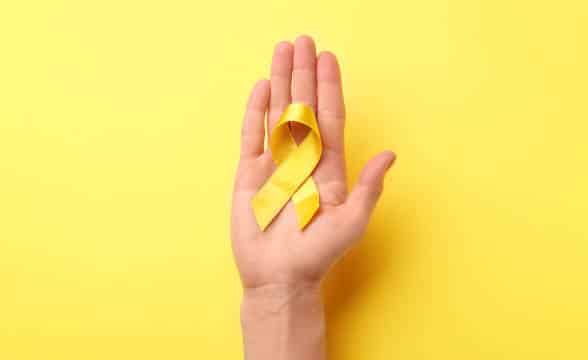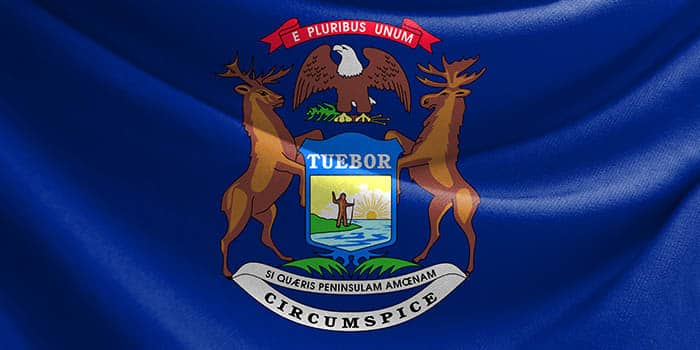- Casino
- By State
- Alabama
- Alaska
- Arizona
- Arkansas
- California
- Colorado
- Connecticut
- Delaware
- Georgia
- Florida
- Hawaii
- Idaho
- Illinois
- Indiana
- Iowa
- Kansas
- Kentucky
- Louisiana
- Maine
- Massachusetts
- Maryland
- Michigan
- Minnesota
- Mississippi
- Missouri
- Montana
- Nebraska
- Nevada
- New Hampshire
- New Jersey
- New Mexico
- New York
- North Carolina
- North Dakota
- Ohio
- Oklahoma
- Oregon
- Pennsylvania
- Rhode Island
- South Carolina
- South Dakota
- Tennessee
- Texas
- Utah
- Vermont
- Virginia
- Washington
- West Virginia
- Wisconsin
- Wyoming
- By State
- Slots
- Poker
- Sports
- Esports
Ohio Raises Awareness about Link Between Problem Gambling and Suicide

As we enter September, the month is marked by a duality – one is that the next 30 or so days serve as National Suicide Prevention Awareness Month, but then again, the American Gaming Association uses September as Responsible Gambling Education Month. The two are connected in more than just coinciding on the same days of the year.
Ohio Marks National Suicide Prevention Awareness Month
Ohio Department of Mental Health Addiction Services prevention chief Stacey Frohnapfel-Hasson argues that there is a very strong connection between a person’s mental health and gambling activity, a connection that can often have serious consequences.
Out of the people who live with gambling disorder, says Frohnapfel-Hasson, some 38% have considered ending their lives. And, when we look at the numbers, she continues, one-in-ten people in Ohio who gamble are at risk or have already experienced some issues related to gambling. This is based on data conducted by the 2017 Report on Problem Gambling Services.
In other words, some 900,000 people in Ohio may have some issue with gambling – ranging from mild or still not manifested conditions to extreme cases where people are struggling to cope with their daily lives. Problem Gambling Network of Ohio executive director Derek Longmeier wants to make sure that Ohioans understand the pitfalls of gambling and how problem gambling manifests itself.
By educating people, consumers can better monitor their gambling habits and come better prepared, Longmeier insists. There are still some specific things to address, though:
The challenges of problem gambling and suicide go far beyond the person placing a be. Families, children, businesses, and schools all feel the loss and pain that comes with a person’s gambling addiction.
Problem Gambling Network of Ohio executive director Derek Longmeier
The key to tackling the problem though lies in early detection. Problem gambling is often difficult to spot as well, argues Longmeier. He offered several tips for detecting the condition in closed one, such as a sudden decrease in work performance, asking for loans, anxious or agitated behavior, and so on. Longmeier invites anyone who needs help to deal with problem gambling and darker thoughts to reach out to the available helpline at 1-800-589-9966, the 24/7 Problem Gambling Helpline.
Although Fiona doesn't have a long-spanning background within the gambling industry, she is an incredibly skilled journalist who has built a strong interest in the constantly growing iGaming network. The team at Gambling News is glad to have her on our roster to help deliver the best stories as soon as they hit. Aside from writing, she loves to dabble in online casino games such as slots and roulette, both for her own enjoyment and also as research to better improve her understanding of the industry.
Previous Article

Industry
September 2, 2022
Caesars Entertainment Appoints Matt Sunderland SVP of iGaming

Next Article


Industry
September 2, 2022
Morgan Stanley Weighs in on How New Macau Limits Impact Business
Must Read
Industry
June 30, 2025
New Zealand Presses On with iGaming Legislation















